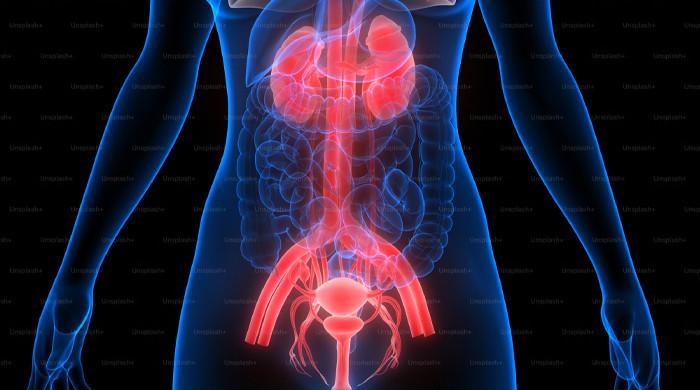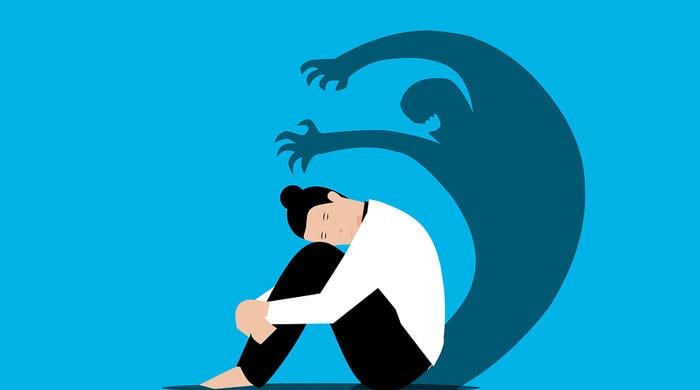Inflammation: 5 symptoms and signs you have it
A look into the dangers of inflammation are more than people suspect and it effects almost every aspect of a person's life, here is an indepth look into it all
February 09, 2024

Inflammation is the body’s immune system mounting a fight against an irritant in a specific region. While inflammation is one of the most commonly used methods of the human immune system, it can sometimes get carried away if the trigger for the process doesn’t subside.
This is termed chronic inflammation, and it can be the cause of many diseases because it damages organs. It can lead to cancers, heart diseases, and even brain diseases.
Chronic inflammation can be caused by a myriad of factors, including an inflammatory diet, lack of exercise, stress, and chronic sleep deprivation.
There are both natural remedies and medications like ibuprofen that can help against chronic inflammation.
It is important to find out if you have chronic inflammation, so you can then do all you can to relieve it.

Here are some signs to help you figure out if your symptoms are caused by chronic inflammation:
1. You can’t get a good night’s sleep:
While lack of sleep is a big contributor to chronic inflammation, inflammation itself can affect the quality of sleep adversely.
Inflammation can cause chronic pains and discomfort, which then prevent you from sleeping soundly.
2. You’re always complaining of pain:
Chronic inflammation can cause damage to organs, muscles etc. leading to chronic pain. Chronic pain is often caused by bad posture, sitting on a desk too long, or lack of exercise.
However, if your pain doesn’t seem to have any clear trigger, then it’s likely caused by chronic inflammation.
3. Your gut seems disturbed:
If your gut seems to be troubled often, with no clear cause, chronic inflammation could be the culprit. Unexplained diarrhea, acid reflux, and constipation can be signs of chronic inflammation.
4. You keep getting sick:
Another symptom of chronic inflammation is weakened immunity and getting sick frequently. As your immune system weakens, your body becomes more susceptible to infections, especially the common cold.
If you get sick often, it’s important that you consult a doctor and find out if you have chronic inflammation.
5. You’re mostly frustrated or anxious:
During inflammation, the body produces chemicals that act as signaling molecules. These chemicals are called cytokines. Cytokines are responsible for starting and maintaining inflammation.
If inflammation turns chronic, the overdose of these chemicals can affect the brain chemicals that control your mood and feelings, making you irritable and angry. Depression and anxiety are also mood symptoms associated with chronic inflammation.











